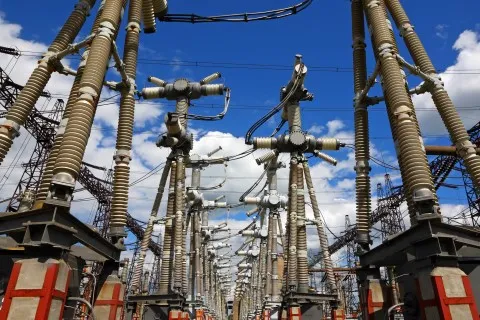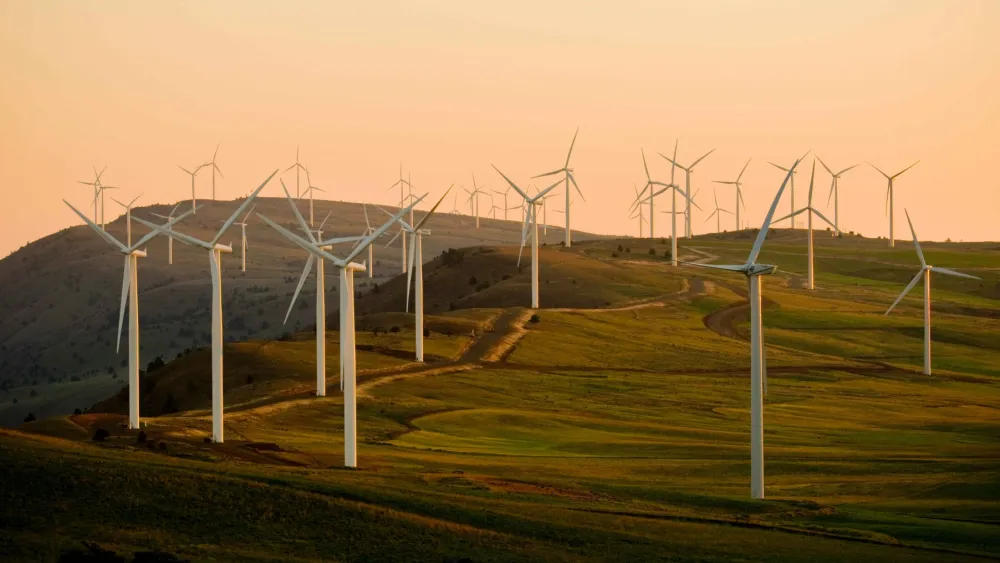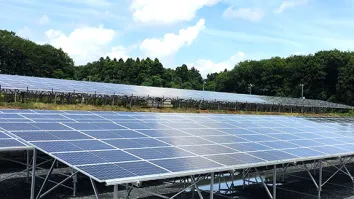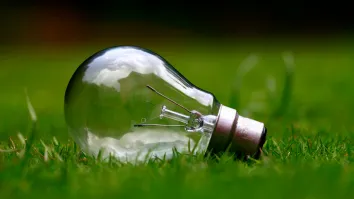
Philippines' energy agency mulls over power bill revisions
Will system loss charges be slashed off consumers' bills?
The Philippines' Department of Energy is currently considering and studying the possibility of eliminating system loss charges on consumers' power bills. According to DOE spokesperson Pete Ilagan, the decision to carry out the study was a result of excessive system loss reported by DUs.
He added that the agency will probe whether the system loss cap, 9.5% for private DUs and 13% for electric cooperative, is being followed by power distributors.
System loss is the unbilled power caused by theft and physical loss of energy when power is being distributed and transmitted through lines.
In the Philippines, charging system loss to consumers is allowed as stated in its Anti-Electricity and Electric Transmission Lines/Materials Pilferage Act of 1994.



















 Advertise
Advertise







